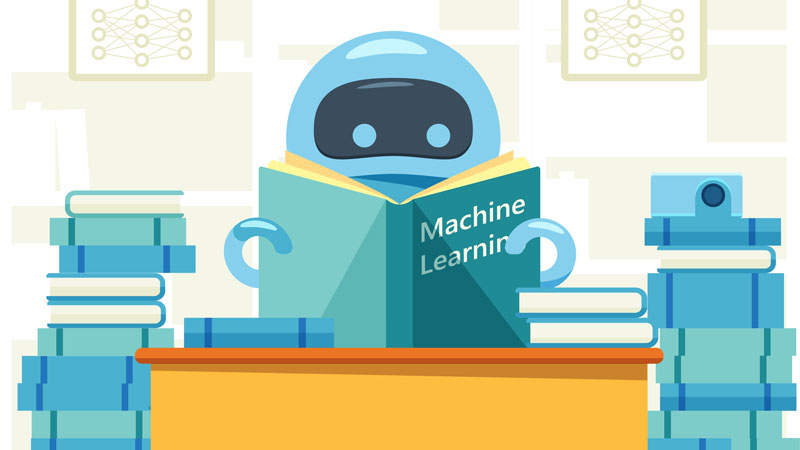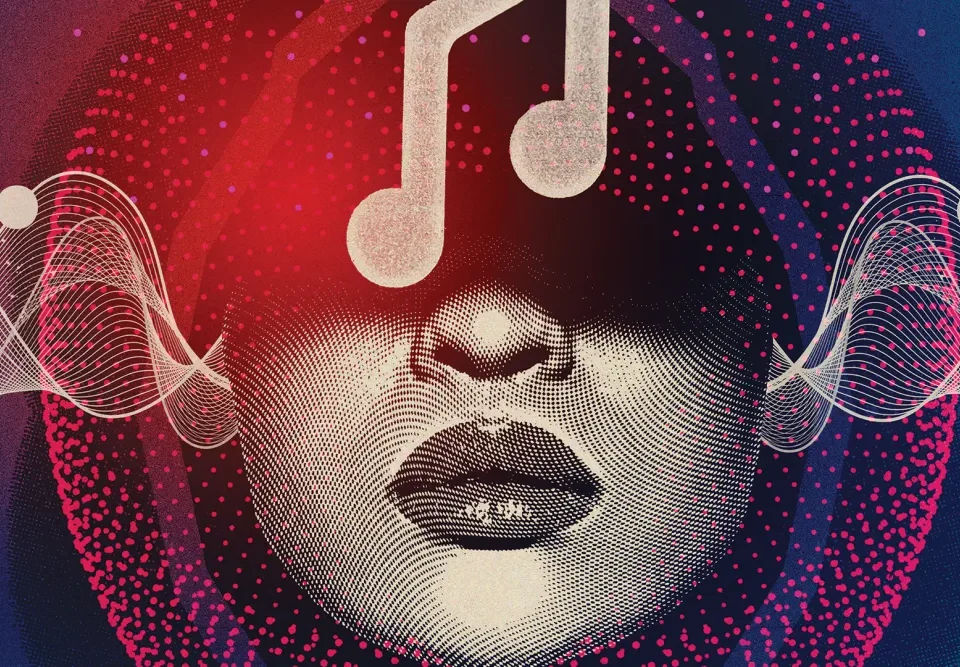
Prompting Isn’t Authorship: What the U.S. Copyright Office’s AI Report Means for Creators
13 Mayıs 2025
Disrupting the Score: How AI Music Impacts Human Musicians
13 Mayıs 2025The tension between artificial intelligence and copyright law just hit a new crescendo in the UK—and this time, it sounds a lot like protest music.
This week, over 1,000 musicians, including legends like Kate Bush, Annie Lennox, and Imogen Heap, released a compilation album provocatively titled “Is This What We Want?” But this isn’t your average musical collaboration. It’s a coordinated act of resistance against the UK government’s ongoing AI and Copyright consultation, which may open the door to allowing AI developers to train models on copyrighted works without permission.1
And the message is loud and clear: artists won’t stay silent while their rights are automated away.
⚖️ What’s at Stake? Copyright Exceptions for AI Training
The controversy centers on a consultation launched by the UK Intellectual Property Office (IPO), which closed on 25 February 2025. The call for evidence asked whether UK law should allow text and data mining (TDM) of copyrighted content—including music, lyrics, and performances—to train AI systems, potentially without requiring a license.2
This echoes a now-abandoned 2022 UK proposal that attempted to introduce a blanket TDM exception for commercial AI training. After industry backlash, that plan was shelved—but its ghost has returned in the current consultation. And this time, artists are making noise.
The fear? That copyrighted music will be treated like raw data, scraped into datasets to train AI systems capable of mimicking, remixing, or even replacing human musicians—without consent or compensation.
🎤 The Album as Protest: A Human Response to Machine Exploitation
Enter “Is This What We Want?”—a protest album released not by an activist group, but by a coalition of working artists. Profits go to the charity Help Musicians, but the real target is policy. The title itself is a pointed reference to the UK government’s framing of the consultation. Musicians are asking: Is this really the creative future we want?
Their concern isn’t theoretical. Tools like Suno, Udio, and Jukebox can already generate AI music indistinguishable from human compositions—trained on massive corpora that likely include copyrighted material.3 While some AI developers claim fair use or opt-outs, transparency remains scarce.
For musicians, the idea that their entire catalogue could be vacuumed up to teach an algorithm to compete with them—without payment or credit—is nothing short of existential.
🧠 The Legal Dilemma: Data vs. Expression
At the heart of this debate is a legal paradox. AI systems need data to learn. But for creative industries, that “data” is often protected expression. Unlike factual databases or scientific texts, music is intensely personal, emotional, and legally protected.
Should AI developers be allowed to mine this content because it’s digital? Or should the same copyright rules apply, requiring permission, payment, and respect for creators?
Countries are divided. Japan permits broad data mining under copyright exceptions. The EU allows TDM for research but requires opt-outs for commercial use. The U.S. is still navigating fair use arguments. The UK, post-Brexit, has an opportunity to chart its own course—but the stakes are high, and the industry is watching closely.4
🚨Artists Demand Clarity—and Fairness
The musicians behind the protest album aren’t Luddites. Many, like Imogen Heap, are known for embracing technology. Their concern is not with AI itself, but with how it is trained and monetized—often without respect for artistic labour.
Their demands are simple:
- No training on copyrighted music without a license
- Transparency about what content is used in datasets
- Fair compensation for artists whose work powers the AI revolution
Without these, they warn, we risk building an industry where creative expression is harvested by machines, while the humans behind it are left out in the cold.
🧩 What Happens Next?
The IPO has yet to release the results of the consultation, but pressure is mounting. The music industry is increasingly aligning with similar battles in publishing, journalism, and visual arts, where AI training is also testing the limits of copyright law.
Meanwhile, Part 3 of the U.S. Copyright Office’s own AI report—focusing on training data and licensing—is expected soon, potentially setting a global benchmark.5
For the UK, the choice is stark: protect its world-renowned music industry, or risk alienating its creators in favour of unchecked innovation.
🎵 Final Note: It’s Not Anti-AI, It’s Pro-Artist
The protest album doesn’t reject AI—it challenges how we train it. As algorithms become composers, we must ask: Who gets to decide what creativity looks like in the age of machines?
If the answer excludes artists, we’ve already lost the plot.
Footnotes
- UK IPO, AI and Copyright Consultation, January–February 2025. Full details: https://www.gov.uk/government/consultations/artificial-intelligence-and-intellectual-property-call-for-views. ↩
- IPO Press Release, AI & IP Consultation Launch, January 2025.
- For examples of AI music platforms and dataset opacity, see: Sam Davies, “AI Music Generators Are Getting Scary Good—And That’s a Problem,” Wired (2024).
- Lilian Edwards and Andres Guadamuz, “The Impact of AI on UK Copyright Law” (2023) European IP Review, Issue 2.
- U.S. Copyright Office, Copyright and Artificial Intelligence: Part 3 – Coming Soon, https://www.copyright.gov/ai/.


